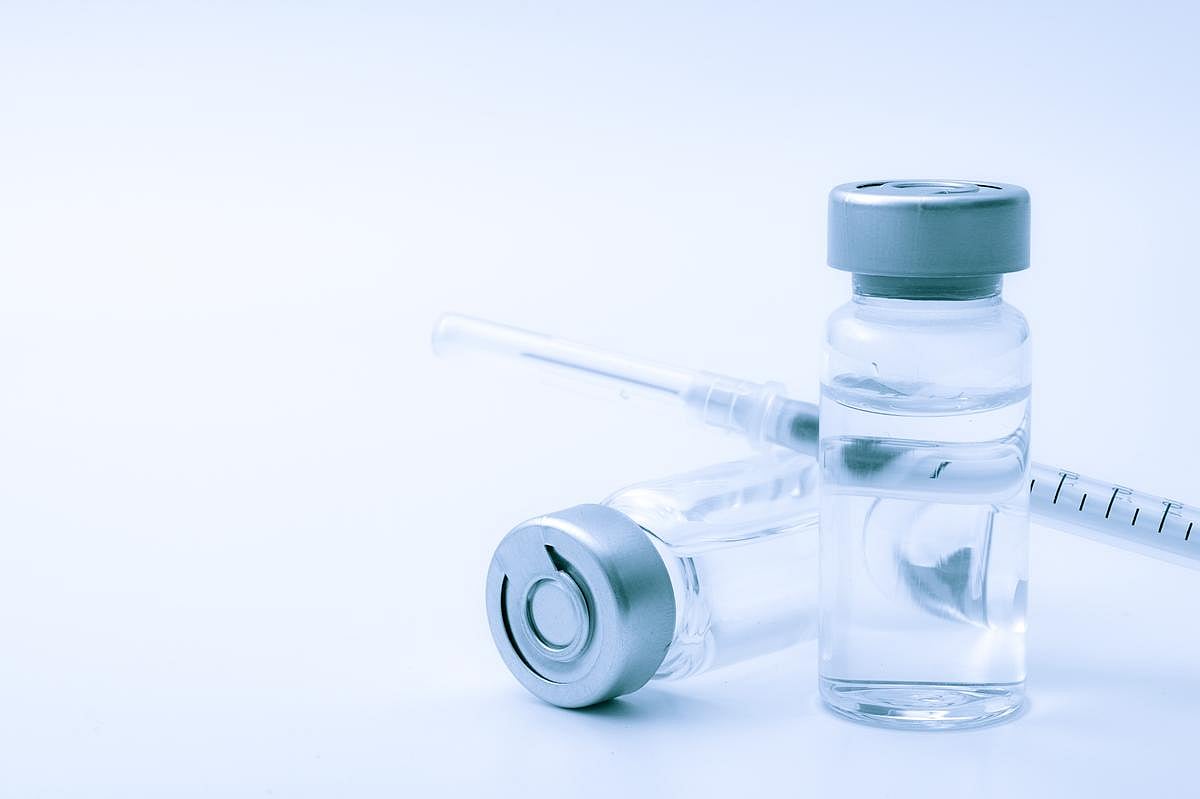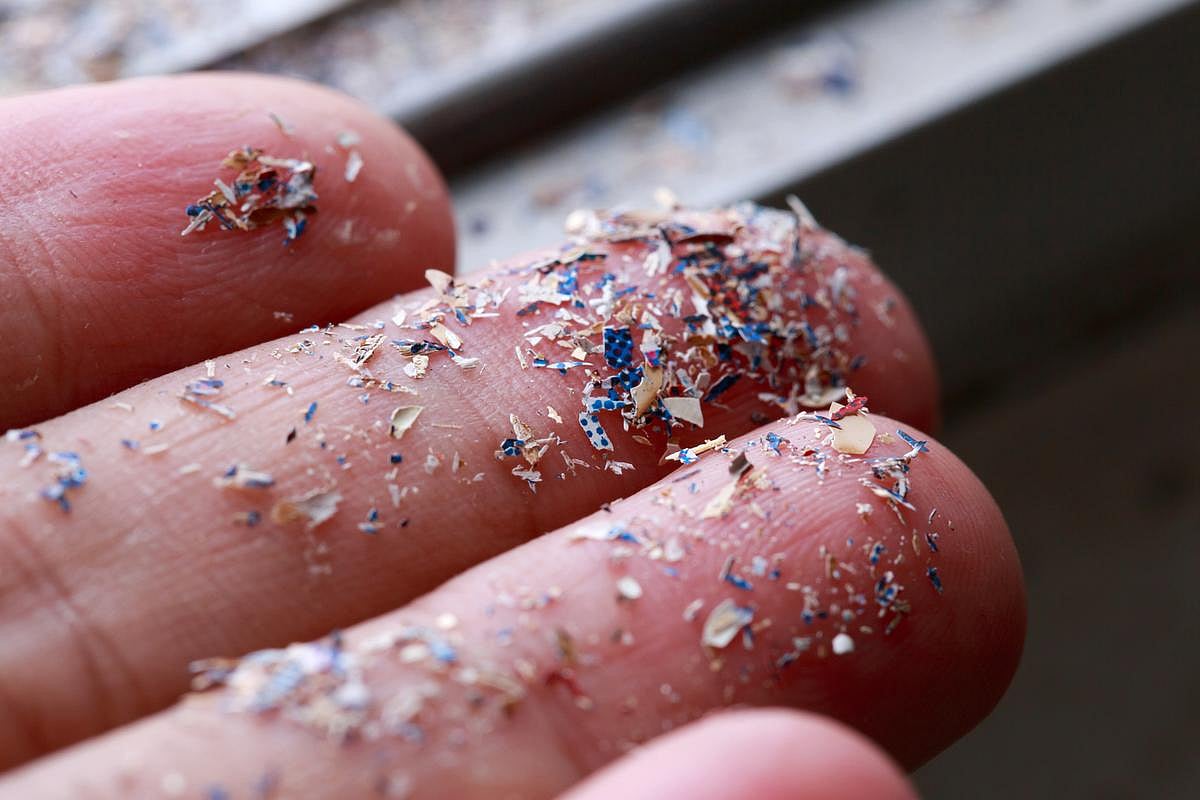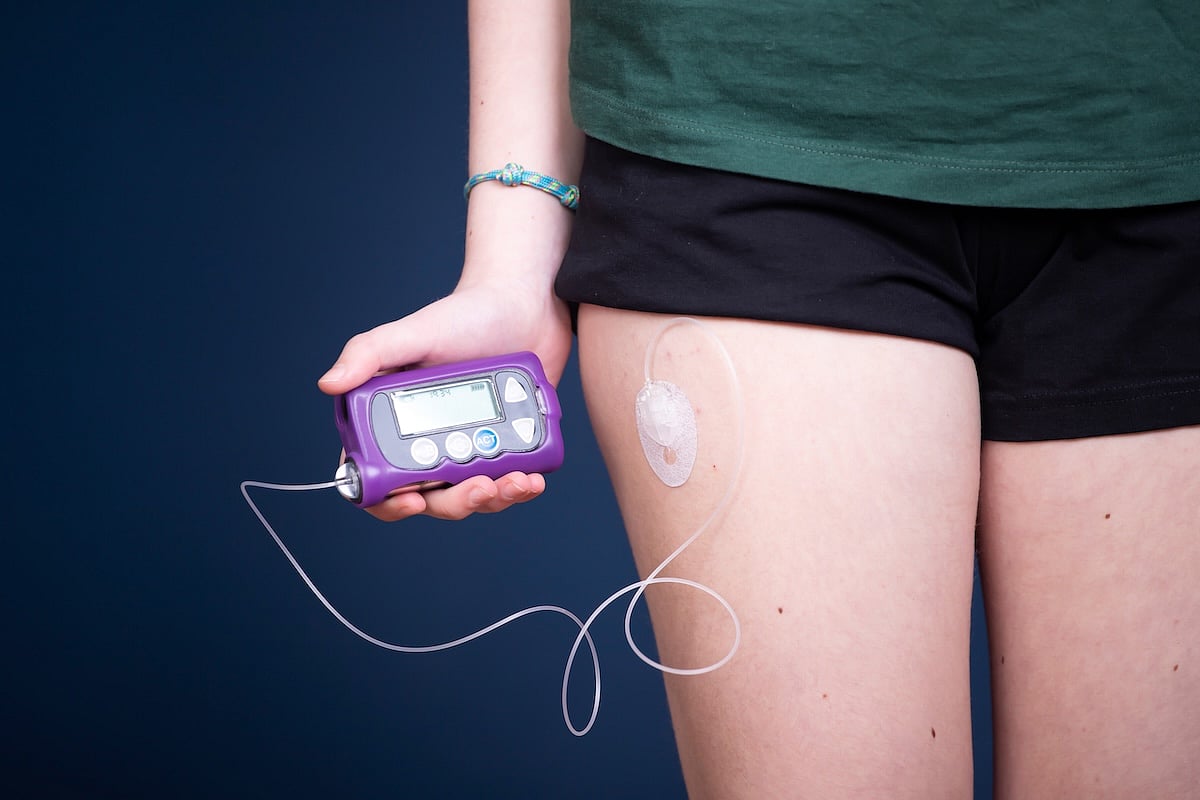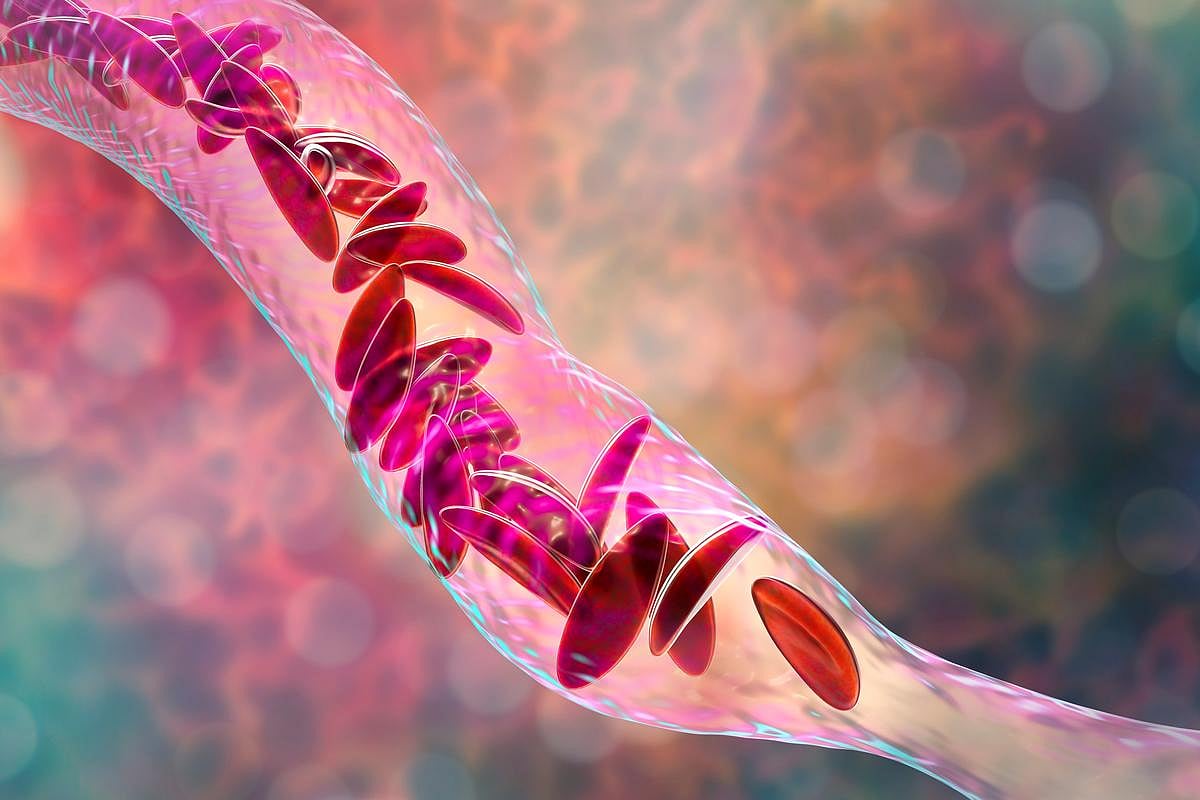
Elderly people benefit from taking medications to keep their blood pressure low, same as younger folks, a new study says. Systolic blood pressure kept under 130 reduces the risk of heart-related death by about 26% among people 80 or older, researchers reported in the Journal of the American College of Cardiology. “We found that people… read on > read on >


















